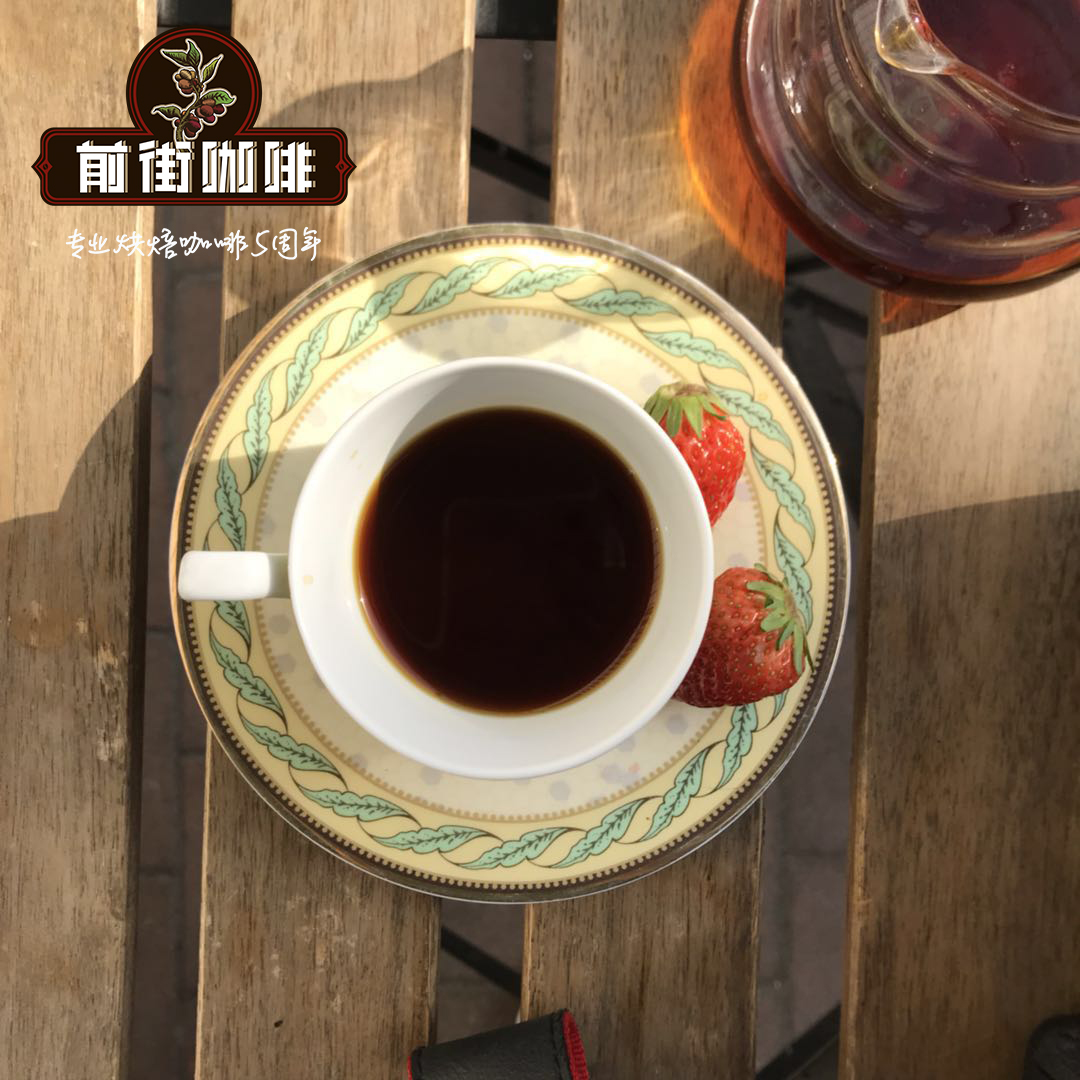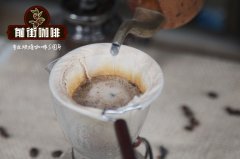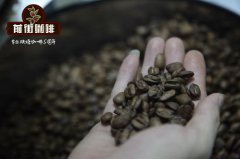Introduction to El Burro Eimbro Manor in Panama _ clearance of Eimbro Manor and Alida Manor

Professional coffee knowledge exchange more coffee bean information please follow the coffee workshop (Wechat official account cafe_style)
Ainbro Manor, like Elida Manor, is a regular winner of Panamanian Coffee B.O.P. Suzuki of the 2016 Japanese barista contest won the Japanese barista contest because of its rosy summer. At one point, there are more than 20 batches of Kaduai recommended to you, each of which is obviously different, and this is what we choose to present to you with the most distinctive and obvious flavor.
[country]: Panama
[producing area]: Pocket
[breed]: Kaduai
[treatment]: insolation
[altitude]: 1700-1800 m
[manor]: Einbro
[baking degree]: City (shallow baking is recommended)
[flavor]: in shallow baking, plums, honey, ripe berries, red raisins, good sweetness, clean
Elida, owned by the Lamastus family, began growing coffee in 1918. In addition to growing coffee in the garden, there is now another El Burro estate in addition to Elida, and the two estates can enter the bidding for a total of seven beans in 2015. In addition to coffee, many native tree species have also been planted, which not only shade the coffee, but also protect the ecology of the wild. The family treats coffee trees with artificial fertilization and refuses to use environmentally damaging herbicides and pesticides. In addition to Kaduai, Tibica and Bourbon, the current coffee trees also began to grow geisha a few years ago. Even though there are many varieties of coffee in the manor, Kaduai is still used to participate in the Best of Panama competition, and the achievements are repeated, which shows the excellent geographical environment and processing technology of the manor. Alida Manor itself is a star estate in the Poquet region and is one of the two highest coffee estates in Panama (the other estate with such elevations should be Carmen in the Vulcan Valley). The estate covers a total area of 65 hectares, more than half of which are located in Mount Baru National Park, of which only 30 hectares grow coffee and 35 hectares are virgin forests. Due to its high altitude, years of low temperature delayed the ripening of coffee berries, but also because it was located near the volcano, the volcanic soil provided rich nutrients for the cultivation of coffee, so that the manor coffee beans could achieve good results in the competition.
2017 Best Panamanian Coffee B.O.P traditional Group Solar fourth place
Two estates, Elida and El Burro, belong to the Lamastus family. The two estates received a total of six awards in the four categories of B.O.P in 2015, making them the most award-winning families.
Taste description
Dry aroma: berries, passion fruit, pineapple, mango:
Wet fragrance: delicate berries, black cherries, blackcurrants, honey, brown sugar
Sipping: blackberries, raisins, chocolate-like thickness, clean and bright acidity and excellent balance, very smooth and elegant.
Geographical environment ⛰:
Eimbro is located in the mountainous highlands of the western province of Coffee Chiriqui in Panama, near the Costa Rican border, which means crack in Spanish. Robert Lamastus, who was born in Kentucky, USA, started growing coffee in the high mountains of Boquete at the beginning of the 20th century.
Today, the coffee kingdom of Boquete, the Panamanian coffee producing region of the Lamastus family, has grown for three generations, with two estates, Elida and El Burro, both of which are on the list of the best Panamanian coffee. Both estates are situated on a steep hillside on the edge of Baru Volcano, one of the highest volcanoes in Central America, and half of the area is within the "Baru Volcano National Park" (Volcan Baru National Park). As a result, they are home to a variety of animals and plants, including rare mammals such as leopards and birds such as long-tailed birds. Balu volcano is also one of the highest volcanoes in Central America. According to different elevations, there are seven kinds of microclimates. Coffee is covered by cloud-shrouded primeval forests all the year round and has a good shade planting environment. Coffee trees start from planting saplings. It takes longer to harvest, about four and a half to five and a half years (two or three years longer than usual), and the low temperature environment also makes cherries take one more month to mature. All these factors form the special flavor of coffee.
Raw bean treatment:
The treatment of raw beans is to leave the coffee beans in the pulp to dry together, so that the taste of the flesh can easily seep into the inside of the beans. In order to dry, the cherry fruit will be moved from the higher altitude planting park to the lower altitude, warmer sun field, which will last for 10 to 12 days. Compared with washed beans, the sun usually has a thicker taste, but the biggest challenge is the fermentation process during the sun exposure. The Lamastus family sun treatment is very delicate and can get coffee with complex flavor, strong fruit flavor and full aroma, especially more experienced in dealing with traditional beans iron than card and Kaduai. In the sun treatment, it will be treated separately according to the harvest date, so each batch is harvested and processed on the same day, with an average of five bags per batch. After about 10-12 days of low-temperature sun exposure, shell beans will be stored in 10-12 ℃ storage for 75-100 days, and will not be shelled and hand-selected until the week of shipment.
END
Important Notice :
前街咖啡 FrontStreet Coffee has moved to new addredd:
FrontStreet Coffee Address: 315,Donghua East Road,GuangZhou
Tel:020 38364473
- Prev

Jamaica Blue Mountain Sherwood Coffee Manor introduces how to drink Jamaican Blue Mountain Coffee?
Professional coffee knowledge exchange more coffee bean information please follow Coffee Workshop (Wechat official account cafe_style) Blue Mountain (Blue Mountain) Coffee is a coffee bean brand grown in a limited area in the Blue Mountains of Jamaica at an altitude of 800-1200 meters. It usually grows on steep slopes, sometimes as high as 60 degrees and requires manual mining. The characteristic is that it has a very high incense.
- Next

Panamanian Garido Manor introduces _ what is shading and slow sun treatment?
Professional coffee knowledge exchange more coffee bean information please follow the coffee workshop (Wechat official account cafe_style) special batch | Special treatment 14 days / shade / slow / sun Pananama Boquete speaking of Panama, we all know the Panama Canal connecting the Atlantic and Pacific oceans, in fact, Panama is also rich in coffee, especially
Related
- Detailed explanation of Jadeite planting Land in Panamanian Jadeite Manor introduction to the grading system of Jadeite competitive bidding, Red bid, Green bid and Rose Summer
- Story of Coffee planting in Brenka region of Costa Rica Stonehenge Manor anaerobic heavy honey treatment of flavor mouth
- What's on the barrel of Blue Mountain Coffee beans?
- Can American coffee also pull flowers? How to use hot American style to pull out a good-looking pattern?
- Can you make a cold extract with coffee beans? What is the right proportion for cold-extracted coffee formula?
- Indonesian PWN Gold Mandrine Coffee Origin Features Flavor How to Chong? Mandolin coffee is American.
- A brief introduction to the flavor characteristics of Brazilian yellow bourbon coffee beans
- What is the effect of different water quality on the flavor of cold-extracted coffee? What kind of water is best for brewing coffee?
- Why do you think of Rose Summer whenever you mention Panamanian coffee?
- Introduction to the characteristics of authentic blue mountain coffee bean producing areas? What is the CIB Coffee Authority in Jamaica?

